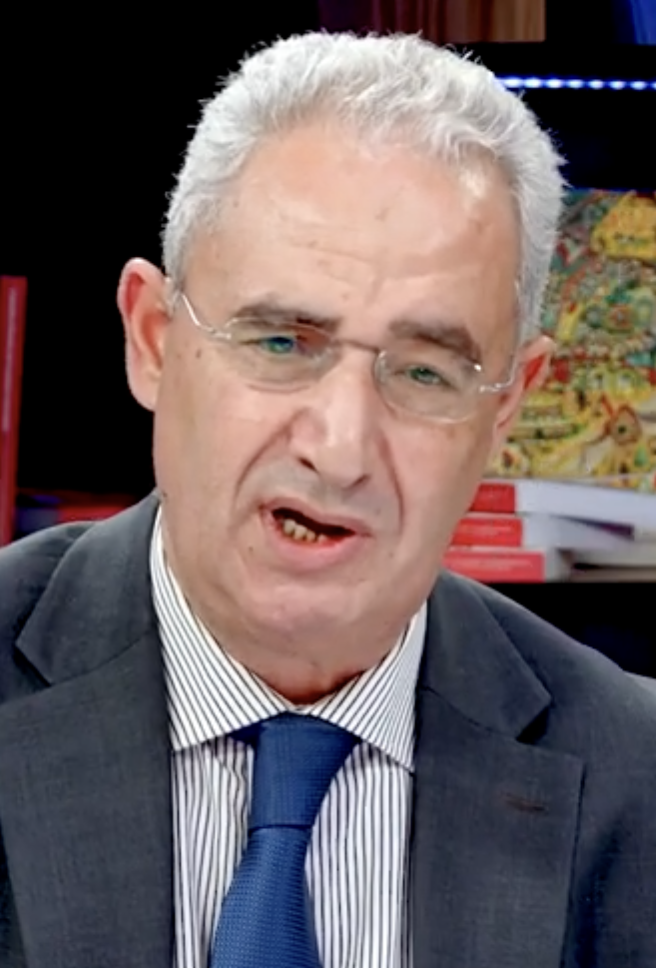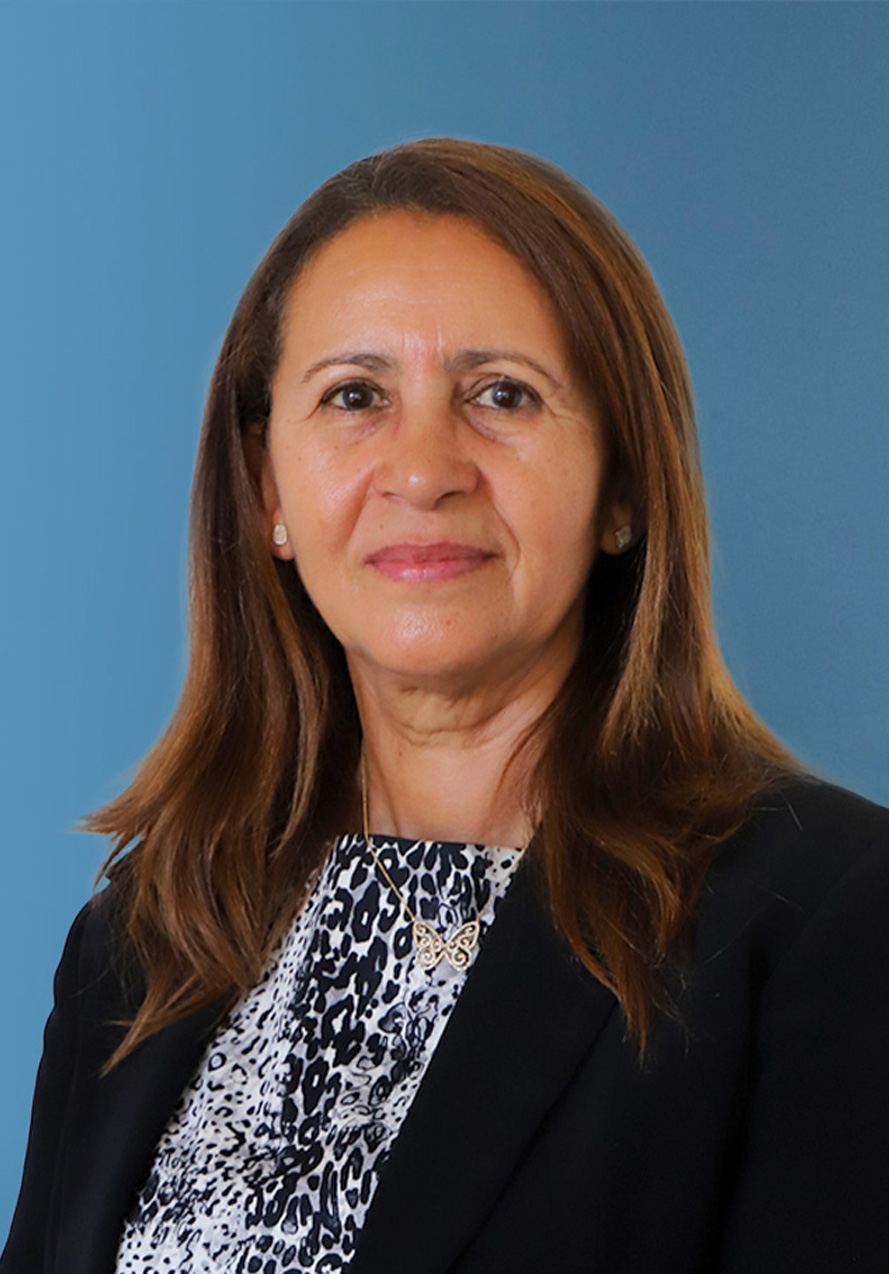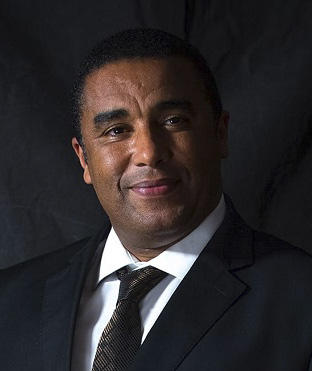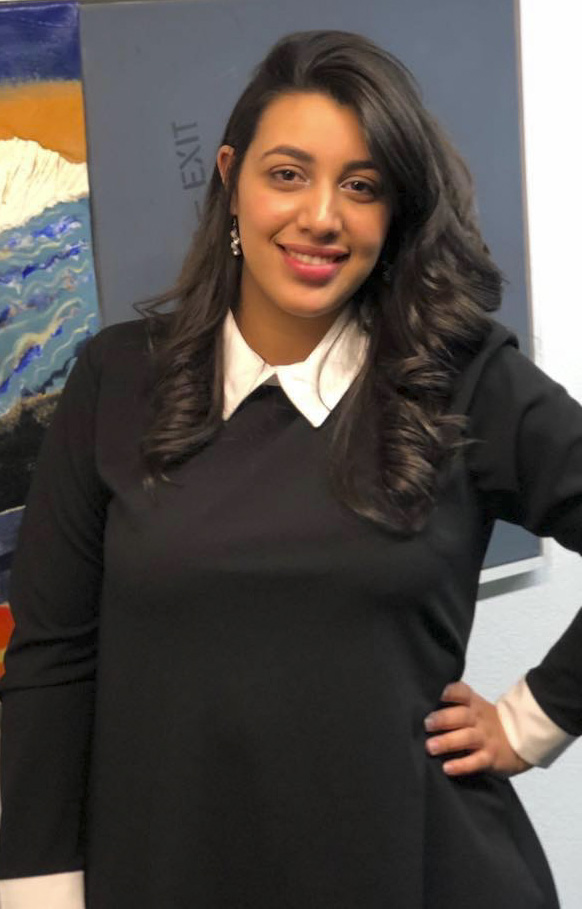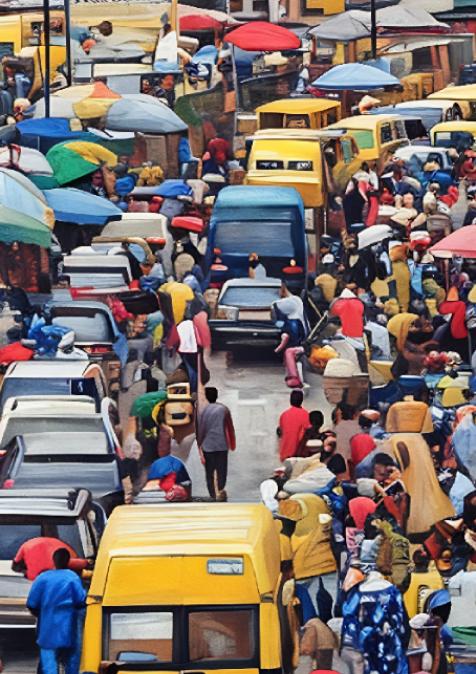Dialogue UN75 : Le futur que nous voulons, l’ONU dont nous avons besoin. Une perspective marocaine
A l’occasion de son 75ème anniversaire, l’ONU a lancé un vaste débat populaire à travers le monde intitulé UN75: « The future we want, the UN we need ». Initié par le Secrétaire général de l’ONU António Guterres, ce débat se veut le plus vaste jamais organisé autour de la construction de l’avenir que nous voulons. Alors que l’ONU célèbre ses 75 ans cette année, le Covid-19 frappe le monde et met à nu les inégalités à la fois sévères et systémiques que l’on retrouve non seulement entre les pays, mais aussi à l’intérieur des pays. Ce virus a ainsi dévoilé les fragilités structurelles qui minent notre monde, et pas uniquement face à cette pandémie. Ces disparités et écarts fragilisent aussi le monde face à des non moins graves défis et risques globaux, comme la crise climatique, la montée des violences, notamment dans des États et régions fragiles, les conflits qui trainent et s’éternisent, les nouvelles formes de criminalité, les tensions commerciales, le rapide progrès des technologies numériques qui risquent de bouleverser le monde du travail et d’accentuer davantage le gap entre et parmi les nations, ou encore les dynamiques de l’évolution démographique. Toutefois, face à ces défis planétaires -qui impliquent naturellement une vision et une réponse multilatérale- nous assistons paradoxalement à une perte de vitesse du concept du multilatéralisme et à un déficit de confiance dans les institutions globales, mais aussi nationales, et à une montée en force des localismes parfois étroits. Il est clair que l’an 2020 est radicalement différent de 1945, et que les Nations Unies et ses membres doivent faire face à d’important défis qui appellent à un dialogue approfondi pour pouvoir envisager le futur avec une vision commune solide et solidaire, le business as usual n’étant aujourd’hui plus possible. Pour des raisons historiques, le Maroc, comme bien d’autres pays arabes et africains, n’a pas eu la chance d’être à la table de négociation de la Charte de l’ONU. Toutefois, bien qu’il ait rejoint train en marche, il est devenu l’un des champions du multilatéralisme. En effet, ses contributions dans les opérations de maintien de la paix de l’ONU lors des 60 dernières années, son volontarisme et son leadership, notamment sur les questions du climat et de la migration témoignent de son engagement et de son apport distingué à l’œuvre de l’ONU et le placent aujourd’hui en bonne position pour donner son avis et exprimer son ambition pour le futur de l’ONU et son action pour un monde meilleur.

